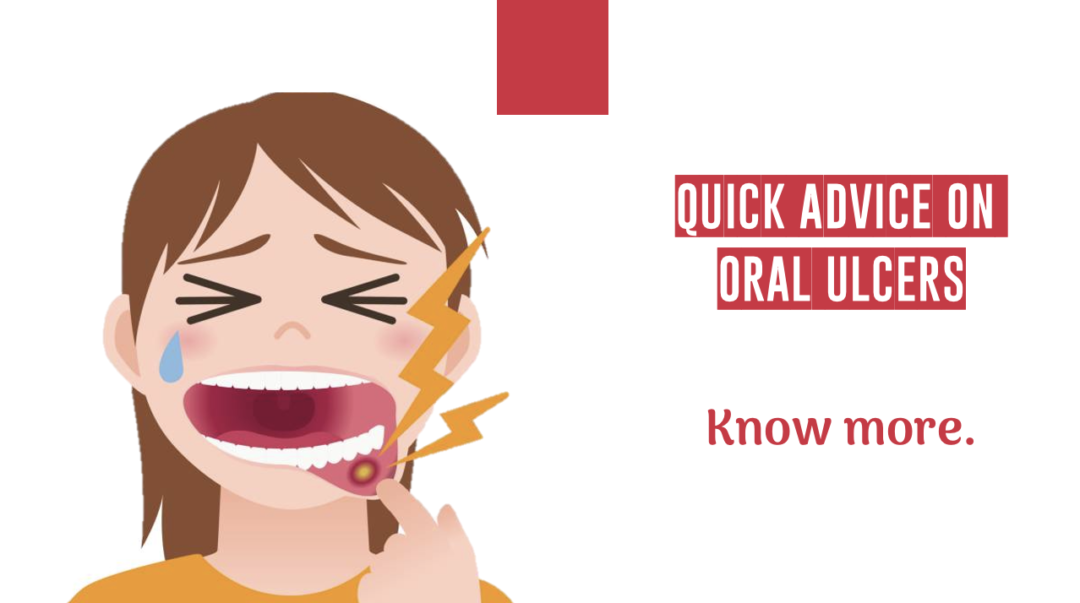Both ulcers and mouth cancer are serious conditions that require medical attention. An ulcer is a painful area of damaged tissue, which can appear anywhere on the body, including your mouth. A cancerous lesion or tumor is also an abnormal growth of cells that does not heal properly. You might think that because it’s called ‘mouth’ cancer, it has to be located in your mouth. But this isn’t necessarily true – these words refer to general areas of the body. There are several types of mouth cancer and they can occur anywhere in your oral (mouth) cavity. There are more details about these two conditions in this article. Keep reading to learn more about the specific differences between them and what they entail if you are diagnosed with one of them.
What is mouth cancer in oral cavity?
Mouth cancer is a malignant growth of cells in the oral cavity. This is the area of your mouth, including your tongue and the roof and floor of your mouth. Mouth cancers are also called oral cancers or head and neck cancers. Your risk of mouth cancer increases as you get older. You are at a higher risk if you smoke, drink alcohol heavily or have allergies.
Mouth cancer, also known as oral cancer, is where a tumour develops in a part of the mouth. It may be on the surface of the tongue, the inside of the cheeks, the roof of the mouth (palate), or the lips or gums. Tumors can also develop in the glands that produce saliva, the tonsils at the back of the mouth, and the part of the throat connecting your mouth to your windpipe (pharynx). However, these are less common.
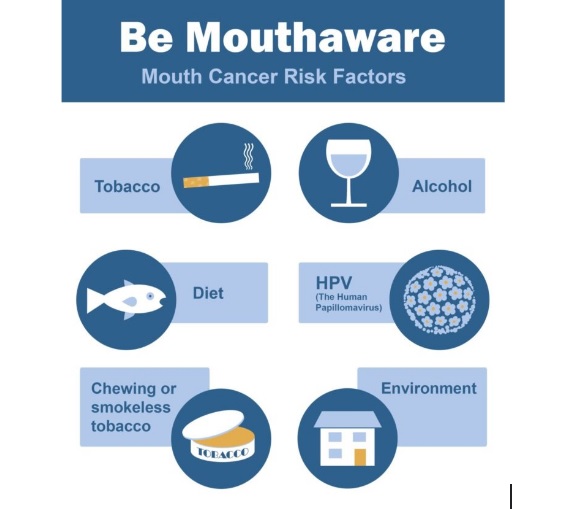
According to studies, there are about 4,300 cases of mouth cancer in the United States each year. More men than women develop mouth cancers. Most of the time, mouth cancers are squamous cell carcinomas. Squamous cells are cells that make up the lining of different parts of the body like the mouth. There are several types of mouth cancer.
What is an ulcer?
An ulcer is an open sore that usually develops on the tongue or the inside of the mouth. It can happen anywhere in the oral cavity, including the lips and gums. If it’s not diagnosed and treated early, the lesion can become more serious. A precancerous lesion is one that may turn into cancer in the future. An ulcer is typically caused by a bacterial infection and some people who have an ulcer may also have poor oral hygiene.

An ulcer can be a symptom of other serious conditions. You should see your doctor if you have a lesion in your mouth that doesn’t go away within a couple of days. An ulcer can be painful and can interfere with your ability to eat and drink. Ulcers are sores that are slow to heal or keep returning. They can take many forms and can appear both on the inside and the outside of your body.
They can be found in places of your body you can see, such as a leg ulcer found on the skin, or in places you can’t see, such as a peptic ulcer in the lining of your stomach or upper intestine. From your eye to your foot, you can get them just about anywhere on your body. Injuries, diseases, and infections can cause them. What they look like depends on where you have them and how you got them. While some go away on their own, others cause serious problems if you don’t treat them.
What are the differences between mouth cancer and ulcer?
Mouth cancer and ulcer both occur in the oral cavity and can cause pain and bleeding. The main difference between the two conditions is a risk. An ulcer is caused by bacteria and is easy to treat with antibiotics. Mouth cancer is caused by abnormal cells in the mouth and can be treated, but in most cases, it is hard to cure.
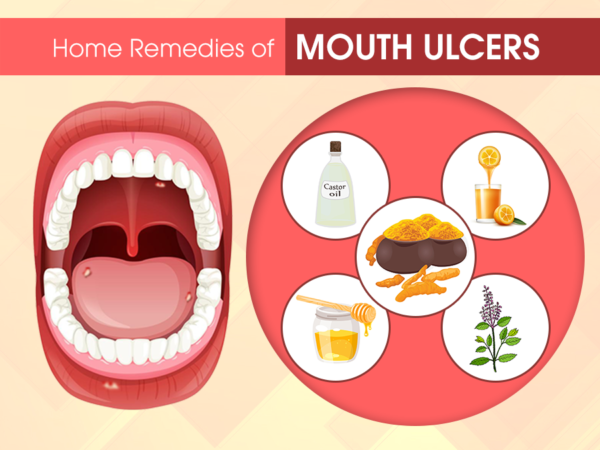
Mouth cancers are more common in people over 40 and in people who smoke or drink heavily. Ulcers can happen to anyone, but people with a weak immune system are more likely to get one. Mouth cancer and mouth ulcers are different in their symptoms. However, as mentioned earlier, new or persistent ulcers require checking. There are few differences between mouth ulcers and mouth cancer.
- Mouth ulcers are painful whereas mouth cancer is not.
- Oral ulcers will heal in 2 weeks, whereas mouth cancer will not go away and will often spread.
- Mouth cancer patches may be rough, hard, and not easy to scrape off.
- Oral cancer is often a mix of red and white patch or large white patch that appears on the tongue, the back of the mouth, the gums, or the cheeks.
- Oral cancer is often linked to heavy drinking or tobacco use.

How are mouth cancer and ulcers diagnosed?
If you have a lesion in your mouth and you’ve tried to treat it yourself without success, you should visit your doctor. Your doctor will examine your mouth and ask you about your medical history to determine the cause of your lesion. They will also take a sample of the lesion to determine what type of cells are growing in your mouth. If you have mouth cancer, the doctor may take a biopsy.
This is when they take a small piece of tissue out of your mouth to test itHow is cancer of the mouth diagnosed? A biopsy is the only way to know for sure that oral cavity or oropharyngeal cancer is present. A sample of tissue or cells is always needed to confirm a cancer diagnosis before treatment is started. Several types of biopsies may be used, depending on each case.
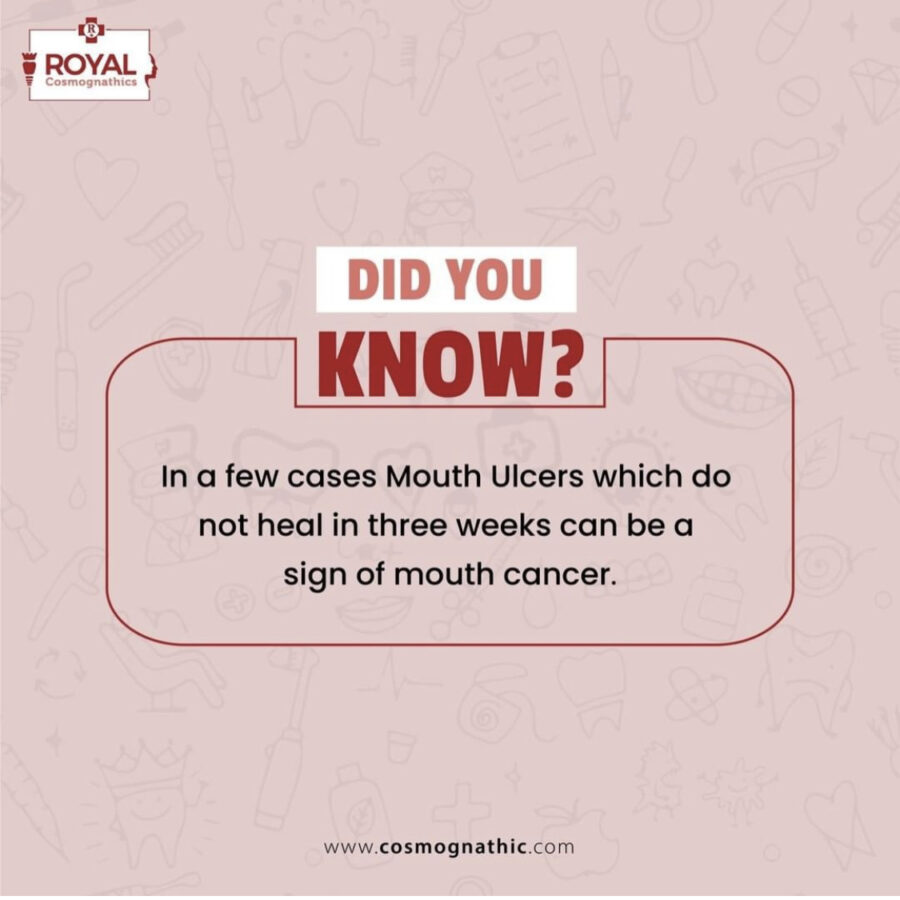
Treating mouth cancer and ulcer
Mouth cancers are treated with surgery, radiation, or chemotherapy. Chemotherapy may be used in combination with radiation if cancer has spread. If the lesion is serious, your doctor may remove all or part of your tongue or jaw. Unfortunately, most types of mouth cancer can’t be cured. A precancerous lesion can be treated with laser or surgery.
If the lesion is on your tongue, the doctor may use a special chemical to remove it. If you have a weak immune system, you might be more likely to get an infection. In this case, the doctor may treat your mouth with antibiotics. If you have an ulcer, the doctor will prescribe antibiotics to kill the bacteria in your mouth.
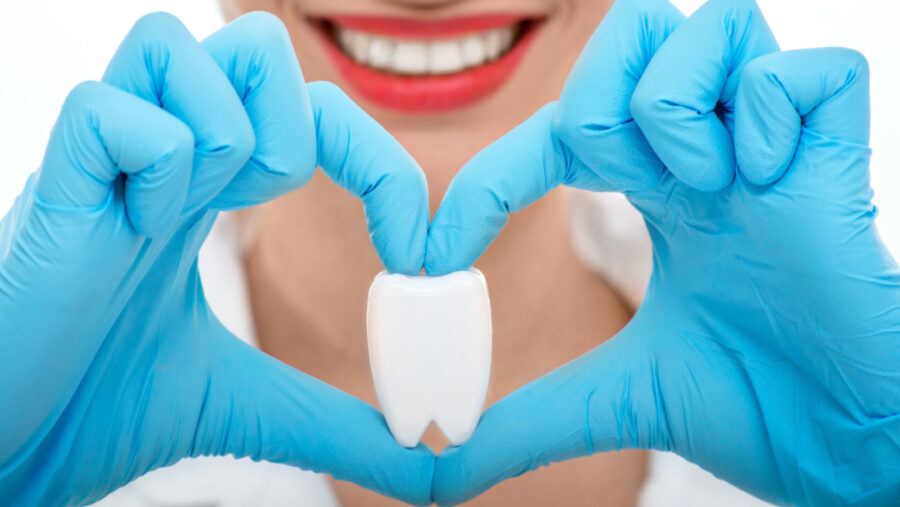
Chemotherapy and radiation — alone or combined — can cause mouth sores. That’s because these cancer treatments are intended to kill rapidly growing cells, such as cancer cells. Some healthy cells in your body also divide and grow rapidly, including the cells that line the inside of your mouth. Unfortunately, these healthy cells are also damaged by chemotherapy and radiation.
Damage to the cells in your mouth makes it difficult for your mouth to heal itself and fend off germs, leading to sores and infections. Both chemotherapy and radiation can impair your body’s germ-fighting system (immune system). With an impaired immune system, viruses, bacteria, and fungi can more easily infect your mouth, causing mouth sores or making mouth sores worse.
Summary
Mouth cancer and ulcer are diseases that occur in the oral cavity. They usually affect people who are middle-aged or elderly. Mouth cancer is harder to cure than an ulcer, as it is caused by malignant cells. While ulcer is caused by bacterial infection and can be easily treated with antibiotics. Mouth cancer can be treated with surgery and radiation, but it is often hard to cure. A precancerous lesion can be treated with laser or surgery. When you have an ulcer in your mouth, you should see a doctor and get an antibiotic to treat it.
Suggested Article –
Pros and Cons of Full Mouth Dental Implants
Difference between Crowns and Dental Implants?
Follow Us For More Updates
